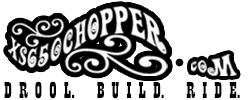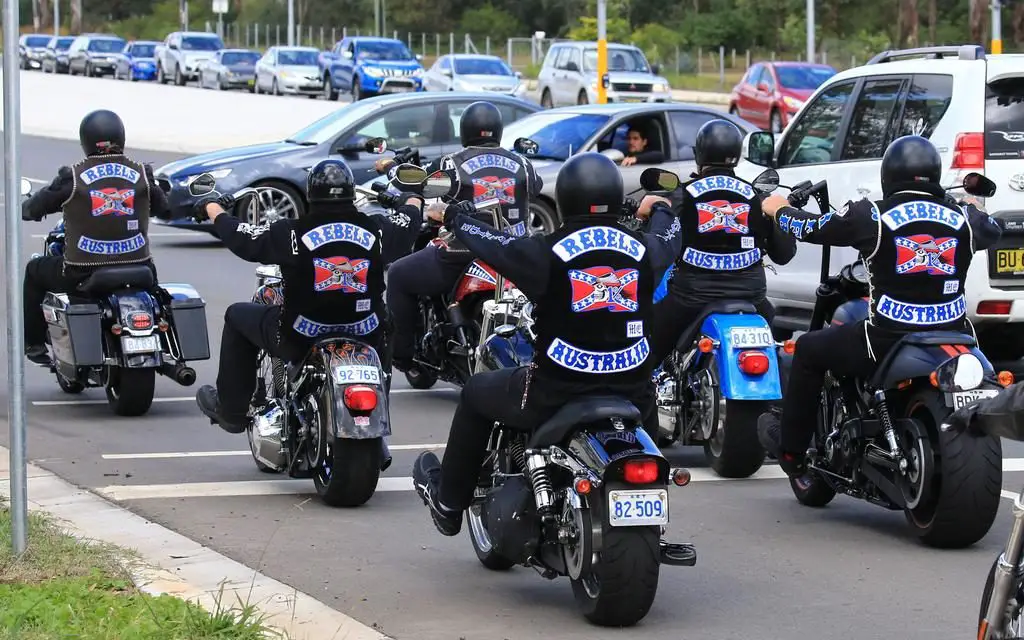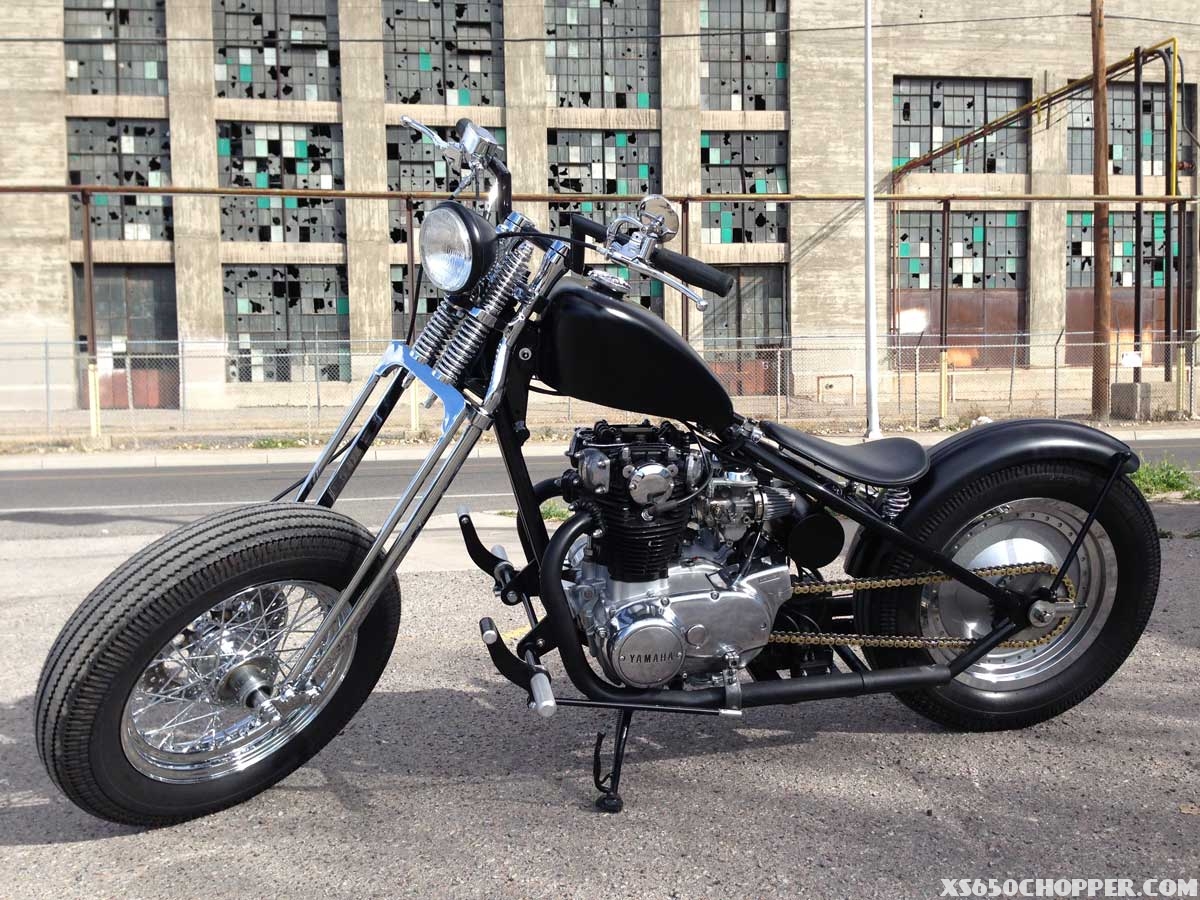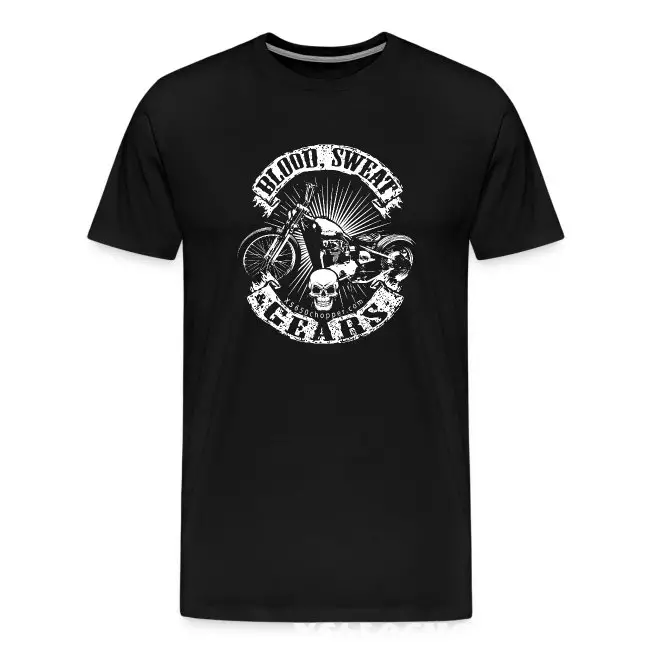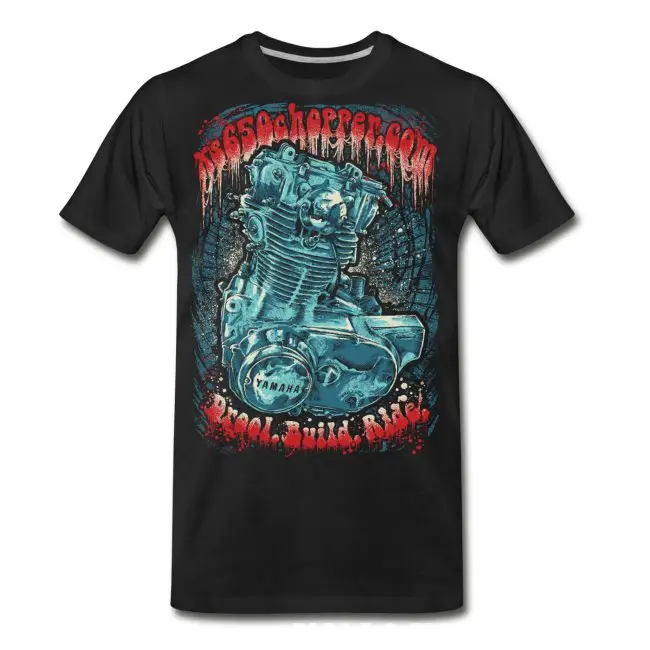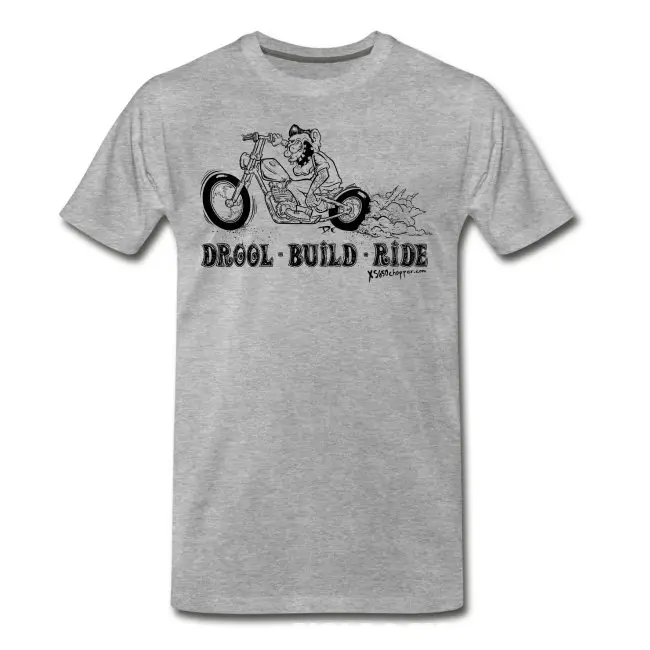The Rebels Motorcycle Club, commonly known as the Rebels MC, has a rich history that dates back to its founding in 1969 in Brisbane, Queensland, Australia. It started from humble beginnings and was initially named the “Confederates.” This club was formed by a group of motorcycle enthusiasts who shared a passion for riding and the brotherhood that comes with it. Over the years, the club established a strong presence with its unique culture and symbols, becoming a significant part of Australia’s motorcycle club scene.
As time went on, the Rebels MC expanded beyond its original location, attracting many members nationwide and becoming known as the largest outlaw motorcycle club in Australia. Their influence and activities often caught the attention of the public and law enforcement, leading to a complex relationship with the society surrounding them. The motorcycle club also saw a global expansion, making its mark internationally. This growth brought about internal events and rituals that defined the club’s identity and the brotherhood shared among its members.
Key Takeaways
- The Rebels MC is Australia’s largest outlaw motorcycle club, originally formed in 1969.
- The club has a unique culture, with its own symbols and internal rituals that strengthen their bonds.
- The Rebels’ activities and expansion have significantly influenced its public perception and legal encounters.
The Founding of Rebels MC
The Rebels Motorcycle Club, also known as Rebels MC, started in 1969 Australia and quickly became a main name in the realm of outlaw motorcycle clubs.
The Birth of an Outlaw Motorcycle Club
The club began as the Confederates in Brisbane, Queensland. It transformed into the Rebels MC, an outlaw motorcycle club that would grow to be one of Australia’s most notorious biker groups. These clubs are known for living by their own rules, often riding on the edge of the law.
Key Founding Members
Clint Jacks is recognized as the man who started it all. His vision in 1969 shaped the Rebels MC into a brotherhood of riders passionate about their motorcycles and the free-spirited lifestyle. Other founding members joined Clint, bringing together people who shared the love for big twin Harley-Davidson bikes and camaraderie.
Rebels MC Structure
The Rebels Motorcycle Club is an organization with a detailed structure that shapes how members interact and operate within the club. This structure revolves around chapters, roles, ranks, and the strong bond of brotherhood among members.
Chapter Formation
Chapters are the heart of the Rebels MC, functioning as individual branches of the club spread across Australia and beyond. Each chapter usually starts with a small group that grows over time, having a local base known as a clubhouse. A new chapter must have the approval of existing ones to ensure unity in the club.
Roles and Ranks
Within each chapter of the Rebels MC, there are specific roles members take on, such as president, vice-president, secretary, treasurer, and sergeant-at-arms. The president leads the chapter and is responsible for maintaining order and overseeing club activities. Other ranks include prospects, who are new members in training, and patch members, who are full members that have earned the club’s patch.
The Importance of Brotherhood
Brotherhood is a cornerstone of the Rebels MC culture. Members share a close bond, often referring to each other as brothers. This sense of kinship is crucial for the club’s cohesion and is fostered through shared activities, respect for the club’s ethos, and loyalty to the group. Brotherhood in the Rebels MC is not just about riding motorcycles together; it is about camaraderie, support, and trust among the members.
Cultural Signifiers and Symbols
The Rebels Motorcycle Club has unique signs that show who they are. They use special patches, love Harley-Davidson motorcycles, and often have tattoos with skulls on them.
The Rebels’ Patches
Patches are very important for the Rebels. Each member wears a patch on their jacket that shows they belong to the club. The main patch is a symbol of the group and looks like a flag. This patch is worn with pride and shows that a person is part of the Rebels family.
Harley-Davidson and Biker Culture
The Rebels love their Harley-Davidson motorcycles. Riding a Harley is a big part of being in the club. These bikes are not just a way to get around; they are a key part of the Rebel’s lifestyle. They enjoy the roar of the motors and the feeling of freedom when they ride together.
Tattoos and the Skull Motif
Members of the Rebels often have tattoos that are symbols for the club. A common design is the skull, which can mean different things but is often a sign of strength. Tattoos are a way for members to show their long-term commitment to the club and its ideas.
Legal Encounters and Public Perception
The Rebels Motorcycle Club has faced many legal challenges and public scrutiny. Their actions have had a big impact on how they are seen by the public and by the law.
Police Raids and Legal Battles
The Rebels have often found themselves in the spotlight during police raids. Police have made many efforts to crack down on their activities. For example, several members were arrested during a raid connected to a home invasion in Alberta, as reported by the Calgary Herald. These encounters have led to numerous legal battles, which have seen the club defending itself against a range of charges.
Associates and Public Events
Despite legal challenges, the Rebels Motorcycle Club has continued to hold public events. These gatherings vary from group rides to charity events, often attracting attention from both supporters and the community. Sometimes held at a pub or other community places, these events can create tension due to the club’s notorious reputation, but they also show a willingness to engage with the public.
The Rebels in Media
The Rebels’ activities and the response by the Australian government and police forces have been widely covered across various digital access points, including news websites and social media. Their portrayal in the media can sway public opinion, painting the club as either misunderstood bikers or a group at odds with the law. The club’s history and current events are documented on platforms like Wikipedia, which offer a comprehensive view of the club’s standing in the world.
Global Expansion
The Rebels Motorcycle Club isn’t just a group from Australia anymore. They’ve grown and set up in lots of other countries.
Establishment of International Chapters
They made new friends in places like New Zealand and other far-off lands, reaching to Canada and England. They even went to warm spots like Spain and Costa Rica. The club’s motorcycle roar was heard from the bustling streets of Japan to the sun-soaked islands of Fiji, and even the far reaches of Laos and Lebanon.
Here’s a list of some places where the Rebels have chapters, just to name a few:
- New Zealand
- Germany
- Greece
- Malta
- Costa Rica
- Canada
- England
- Fiji
- Indonesia
- Italy
- Japan
- Laos
- Lebanon
- Philippines
- Singapore
- Spain
- Thailand
- United States
Adaptation Across Cultures
They learned to get along with people who were different from them and shared their love for motorcycles in many languages and ways. Whether it’s Germany with its strict rules or the sunny beaches of Italy, the Rebels found a way to fit in. Their clubs in Greece and Malta showed they could be a part of different countries with their own special traditions and holidays. They proved that while they loved their Australian roots, they could plant new ones anywhere on the world map.
Internal Events and Rituals
Within the Rebels Motorcycle Club, members experience special moments that bring them closer and honor their bond. These experiences are deeply rooted in the club’s values of unity and respect.
Rites of Passage and Unity
New members of the Rebels Motorcycle Club go through meaningful rites of passage. These milestones are not just about becoming part of the club; they show that a person is ready to live by the club’s rules of brotherhood and loyalty. When someone becomes a full member, they often receive their club vest at the Rebels clubhouse, which is a symbol of their commitment and unity with the other members.
Celebrations and Memorials
The club also gathers for important celebrations, like big annual parties or marking the foundation of a new chapter. Sometimes the celebrations are held at places like the Macarthur Auto Centre, which the club is associated with. They also come together in more somber times, like funerals, to say goodbye to members who’ve passed away. These memorials are a time of respect and remembrance, showing how the club is there for each other through good times and bad.
Conflicts and Rivalries
The Rebels Motorcycle Club has had a tough journey with many battles and disagreements, both with other clubs and within their own ranks.
Turf Wars and Rival Clubs
The Rebels are often in the news for their turf wars with other clubs. These are fights over who controls different areas. One of their biggest rivals has been the Rock Machine. This violent feud started in 2009 in Perth and caused big problems as both sides wanted more power. The Rebels also had troubles with the Bandidos, another big club. They both wanted to be the most powerful and this led to serious arguments and even fights for control of areas.
Intra-club Tensions
Sometimes, clubs like the Rebels have fights inside their own group. These intra-club tensions can happen when members disagree or when new leaders want to take charge. Such disagreements can lead to members leaving or being kicked out. There are rules in clubs like the Rebels, and not following these can cause big trouble among members. It’s important to remember that every group might have its own problems, just like in any family or team.
Prominent Figures in Rebels MC
The Rebels Motorcycle Club has had some notable leaders and members throughout its history in Australia. These individuals have shaped the club’s reputation and influence in the biker world.
National Presidents
Alex Vella served as National President and was key in expanding the influence of the Rebels MC. He joined the club in the early 1970s, making his mark by opening new chapters and bolstering the club’s presence across Australia.
Infamous Members and Associates
Nick Martin was known for his high-profile position within the Rebels before his violent death. His leadership in the club and his notoriety were widely recognized.
Clint Jacks made headlines in Rockhampton, where his link to the club reinforced the Rebels’ network. His presence in the area touched on the club’s reach into regional parts of Australia.
Damien Vella, being related to Alex Vella, also holds significance within the club, carrying on the family name and its associated legacy both in leadership and in the broader biker community.
Controversial Activities
The Rebels Motorcycle Club has been involved in some serious stuff that’s not okay. They’ve gotten into trouble for breaking laws and some of their actions have worried a lot of people.
For example, In June 2023, three members of the Rebels motorcycle gang, including a regional president, were charged in Bendigo for an “unprovoked assault” that left a man with serious facial injuries.
Cultural Impact and Legacy
The Rebels Motorcycle Club has left a strong mark on biker culture and Australian society. Let’s take a look at how they influenced the way people think about bikers and their role in the community.
Influence on Biker Culture
The Rebels, originating in Brisbane, grew into one of the most recognizable motorcycle clubs in Australia. With their distinctive Confederate flag insignia, they’ve influenced the style and attitudes of biker culture countrywide. They were the trendsetters in the biker world, often emulated by smaller clubs, especially regarding their rebellious spirit and brotherhood ethos.
The Rebels and Australian Society
Throughout Australia, from busy cities like Sydney to smaller towns in New South Wales, the Rebels have been known figures. Their presence often sparked a mix of curiosity and concern among the residents. While some saw them as free spirits, others worried about the potential for trouble. The club’s activities lead to a ban on wearing gang colors in certain places. The people of places like the Perth suburb of Myaree, Mackay, and Dubbo have all felt the impact of the Rebels in different ways. Whether it is through community events or headlines in the news, the club’s activities became a talking point for many Australians.
